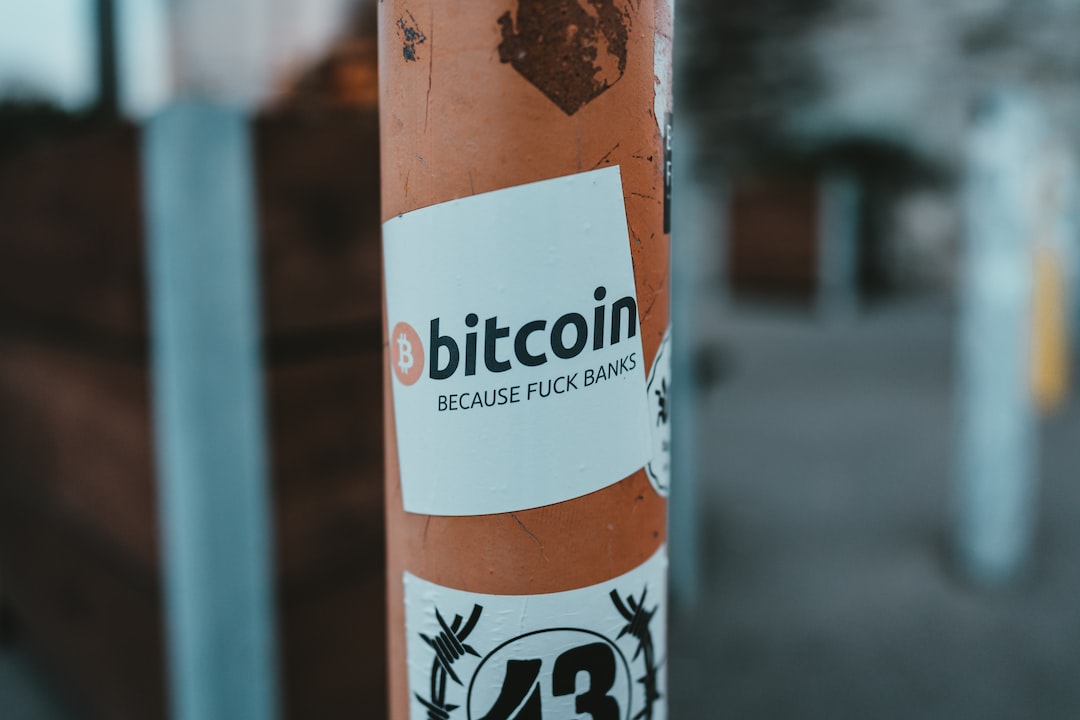TradFi transactions
Troutman Pepper lawyers predict that traditional financial institutions engaged in digital asset transactions could face increased regulatory enforcement. With the rise of new crypto tools and services, these institutions will need to design and maintain compliance systems to adhere to AML/KYC laws. This will pose significant challenges and make them a target for regulators.
Enforcement of AML/KYC laws in the digital asset space will require these institutions to rely on information beyond their control. For example, if there is a policy to flag transactions involving more than 10% of stolen assets, the institution must depend on third parties to trace and identify the wallets/coins involved. This decentralization makes compliance costly.
Rapid expansion
The landscape of crypto enforcement is rapidly expanding, leaving some institutions confused by regulators’ actions. Coinbase CEO Brian Armstrong has even mentioned the possibility of relocating due to a lack of regulatory clarity. The federal agencies responsible for regulating the crypto space have relied on novel interpretations of outdated laws that did not anticipate digital assets.
This raises the question: Are market participants intentionally noncompliant, or is it a result of regulatory confusion? While waiting for a clear rulebook, investors and exchanges should work with legal compliance teams to ensure their transactions align with varying interpretations of securities laws and banking regulations in the cryptocurrency industry.
Hot Take: The Need for Regulatory Clarity in Crypto
The lack of regulatory clarity in the cryptocurrency industry poses challenges for both traditional financial institutions and market participants. As new technologies emerge, regulators must provide clear guidelines and rules that address the unique aspects of digital assets. Relying on outdated laws and subjective interpretations leads to confusion and potential noncompliance.
To foster innovation and protect investors, it is crucial for regulators to collaborate with industry experts and establish a comprehensive regulatory framework. This will provide certainty, encourage compliance, and promote the growth of the crypto market. Only with clear rules can market participants confidently navigate the evolving landscape and contribute to a thriving and regulated digital economy.





 By
By
 By
By

 By
By
